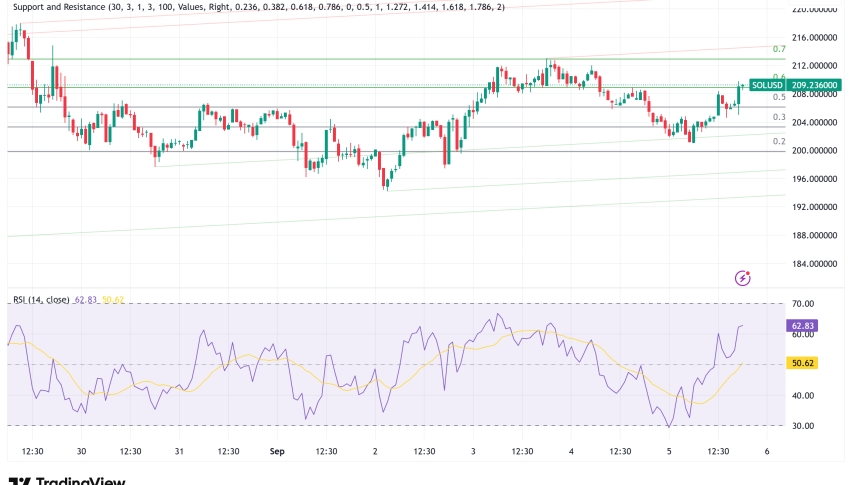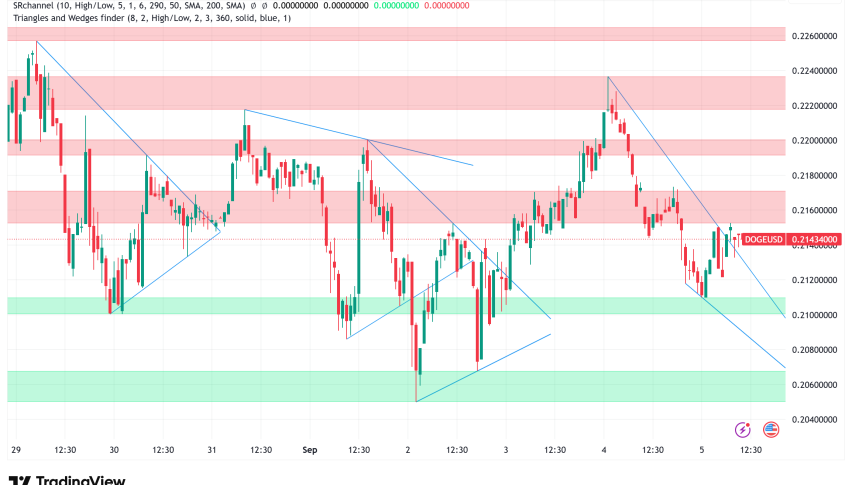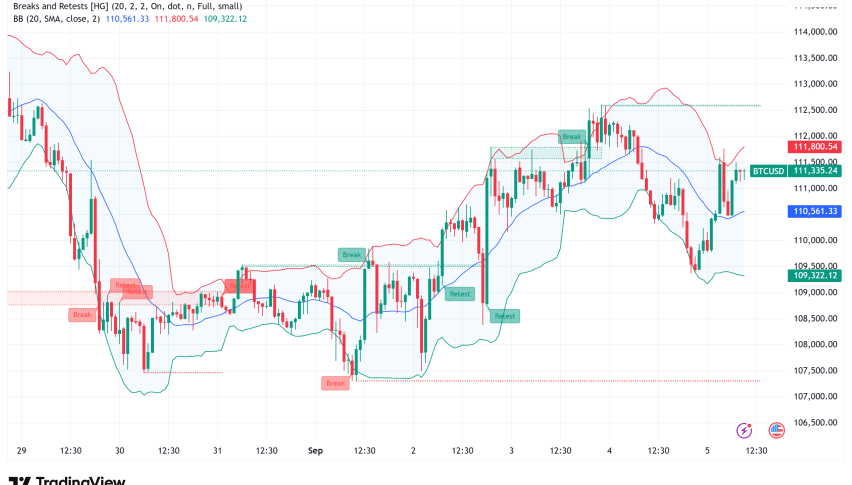Nvidia Recovers Above $112 Despite $5.5B China Hit from US Export Curbs
Nvidia Corporation (NVDA) is facing a substantial financial setback after the U.S. government implemented new export restrictions on its AI
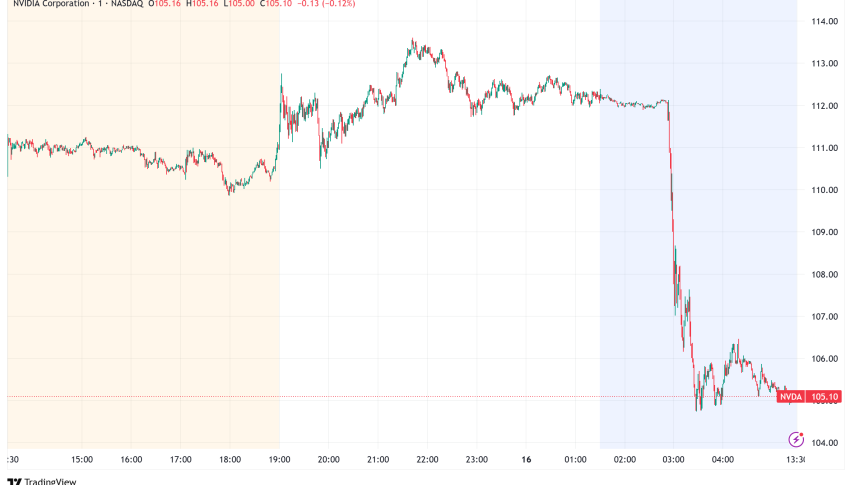
Nvidia Corporation (NVDA) is facing a substantial financial setback after the U.S. government implemented new export restrictions on its AI chips destined for China. The company’s stock is currently holding at $112.20, up by over 1.35% in the past 24 hours, despite these challenges.
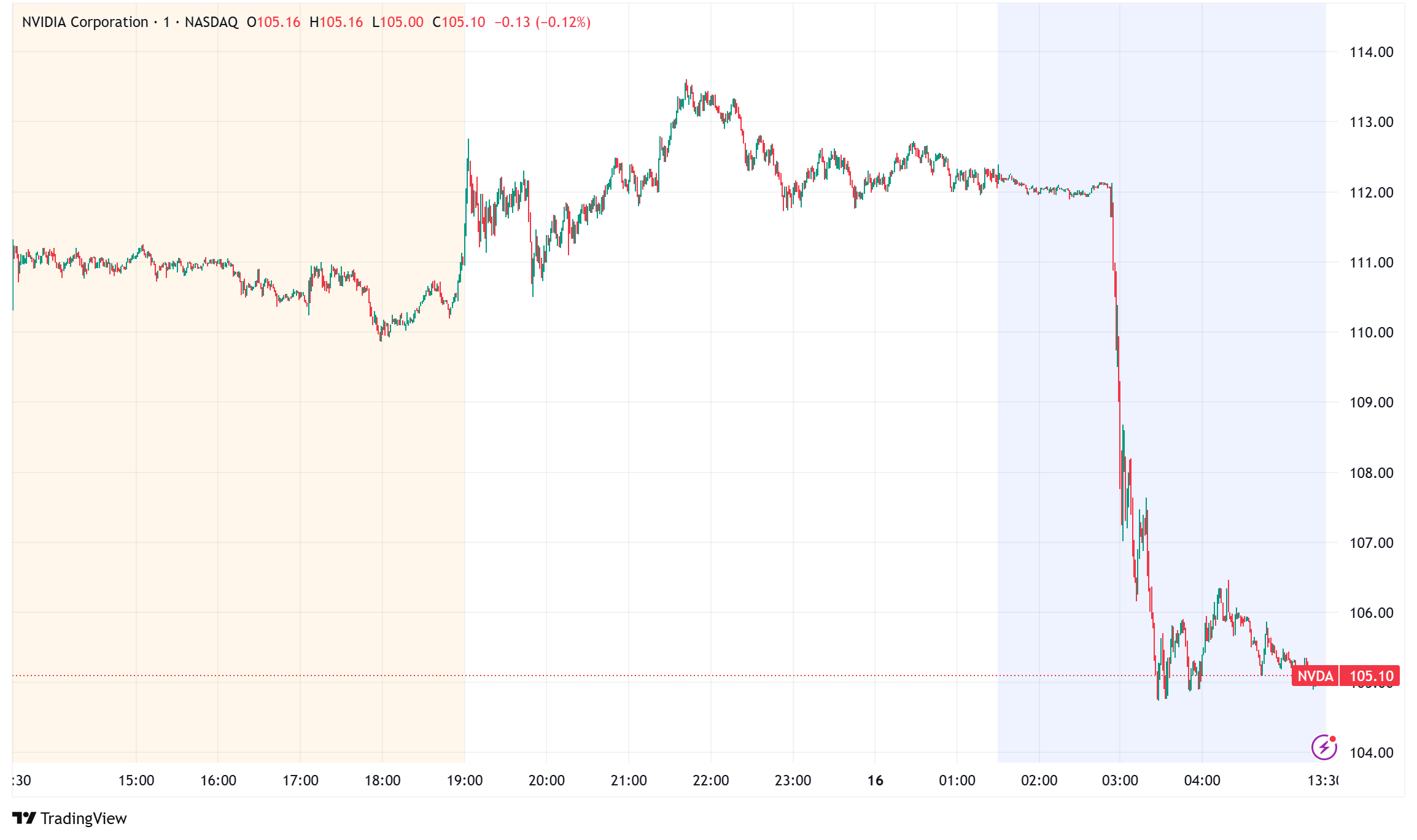
H20 Chip Export Controls Trigger Major Financial Impact
With regard to its H20 AI processors, the tech behemoth revealed it expects to incur roughly $5.5 billion in charges in its current fiscal quarter, which runs until April 27. This follows U.S. authorities telling Nvidia on April 9 that it needs export licenses to sell these chips to China, Hong Kong, and Macau because of possible usage in or diversion to supercomputers in China.
Designed especially for the Chinese market, the H20 chip followed earlier U.S. export limitations implemented in 2022 and updated in 2023. Notwithstanding these limitations, the chip has been a major source of income; last year, it is said to have brought in $12 billion to $15 billion.
Nvidia Shares Declined 6%
Following hours on April 15, the announcement caused Nvidia’s share price to drop sharply by 6%, to about $105. Since the start of the year, the stock has now dropped nearly 22% in response to more general market worries about rising trade tensions and tariff threats.
The effects went beyond Nvidia; competitor Advanced Micro Devices (AMD) saw shares tumble more than 7% to $88.55 in after-hours trade. The new licensing criteria also apply to AMD’s MI Toledo chip. Since January 1, AMD’s stock dropped around 25%.
Geopolitical Context and Trade War Concerns
The limitations limit China’s access to advanced semiconductors, therefore reflecting a major increase in U.S. efforts to keep its technological edge in artificial intelligence. According a U.S. Commerce Department spokesman, the agency is “committed to acting on the President’s directive to safeguard our national and economic security.”
These actions coincide with more general conflict between the United States and China. Apart from reviews of pharmaceutical and chip imports, President Donald Trump has directed inquiries on possible new levies on all imports of U.S. vital minerals. China has allegedly responded by giving airlines orders to stop Boeing aircraft delivery.
Nvidia’s Strategic Response
Notwithstanding these obstacles, Nvidia has been adjusting to the evolving regulatory scene. With partners including TSMC, the firm revealed on April 14 intentions to establish AI servers valued up to $500 billion in the United States over the next four years. Along with working with Amkor Technology Inc. and Siliconware Precision Industries Co. for packaging and testing operations in Arizona, the company is establishing supercomputer production facilities in Texas with Foxconn and Wistron Corp..
Previously said by Nvidia CEO Jensen Huang, the company is positioned to lead in the fast expanding inference part of the AI chip industry, where AI models respond to consumers. Still, the new export limits might have a big effect on this approach, especially in China.
Nvidia’s Growth Outlook
With Nvidia expected to release its first-quarter financial results on May 28, investors are intently observing how these limitations will impact the company’s growth path. Concerned analysts like Daniel Ives of Wedbush Securities have said, “This information is a clear indication that Nvidia now has huge constraints and difficulties in selling to China. The Street will absorb this news with obvious trepidation; these are the first rounds fired in the digital conflict between the US and China.
Maintaining Nvidia’s leading position in the AI chip market depends on its capacity to negotiate these difficult geopolitical issues as world trade tensions keep rising. As the business adjusts to new regulatory reality in its overseas markets, its strategic investments in U.S.-based manufacturing show a notable turn-about.
- Check out our free forex signals
- Follow the top economic events on FX Leaders economic calendar
- Trade better, discover more Forex Trading Strategies
- Open a FREE Trading Account
